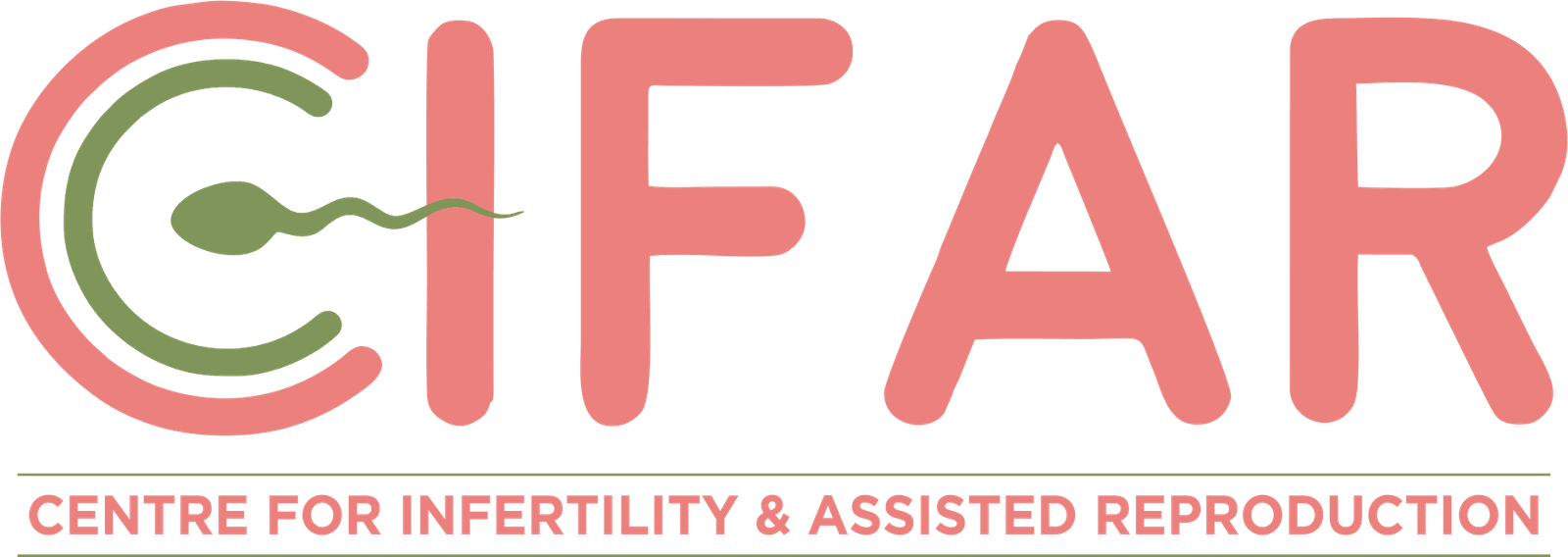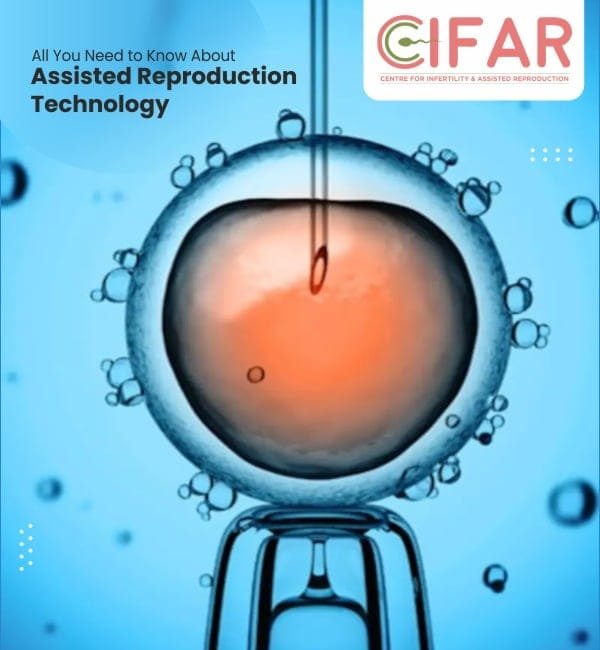Infertility affects an estimated 15% of couples worldwide, which is more prevalent in developing nations. According to the WHO, one in every four couples of reproductive age had trouble getting pregnant. Because this carries a lot of emotional and social baggage, most couples are hesitant to discuss their reproductive concerns publicly.
This is why scientists worldwide have been working feverishly to develop ways to overcome infertility challenges, with the most significant breakthrough, “Assisted Reproductive Technology.” The subsequent medical treatment helped several parents to live the parenthood and stay happy. But still, people are reluctant to have this treatment. For the same, we bring you a blog detailing everything about assisted reproduction medical treatment in detail!
What exactly is Assisted Reproductive Technology (ART)?
ART refers to all fertility therapies that use both eggs and embryos. ART methods generally entail surgically extracting eggs from a woman’s ovaries, mixing them with sperm in a laboratory, and returning them to the woman’s body. This mainly involves IVF, ICSI, cryopreservation of gametes (eggs or sperm) or embryos, and PGT (Preimplantation Genetic Testing). Many couples with otherwise untreatable infertility have given birth to healthy infants thanks to these methods.
Types of ART Treatments Done By Doctors
In Vitro Fertilization in vitro (IVF)
The union of sperms and eggs is one of the most critical processes in the pregnancy process. Still, numerous variables might interfere with this process, resulting in infertility. IVF has assisted reproduction in which the woman’s eggs and the man’s sperm are fertilized outside the body in a laboratory dish, thus the term “test tube baby.” One or more fertilized eggs (embryos) are subsequently put into the woman’s womb to develop in the uterine lining. It is one of the most often used ART treatments. It is used to treat infertility caused by various factors such as blocked fallopian tubes, endometriosis, and even when the cause of a couple’s infertility is unknown.
Injection of Intracytoplasmic Sperm (ICSI)
This assisted reproduction treatment is particularly beneficial for male factor infertility when the sperm count or quality is meager. The early processes are similar to those for IVF, except that a special needle is utilized during the fertilization procedure to insert the sperms inside the egg. As a result, even with a meager sperm count, pregnancy can be accomplished without requiring millions of sperm to fertilize the egg.
Gametes/Embryos Cryopreservation
Cryopreservation, sometimes known as freezing, is a procedure in which embryos, eggs, and sperms are frozen in liquid nitrogen at -196 degrees Celsius for extended periods in ART fertility clinics like CIFAR. This is highly beneficial for couples undergoing IVF therapy who have leftover embryos after the embryo transfer. Because the woman does not require ovarian stimulation or egg extraction, cryopreservation makes future ART cycles more straightforward, less costly, and less intrusive than the original IVF round. Embryos may be kept for extended periods once frozen, and live births have been documented utilizing embryos that have been frozen for over 20 years.
Genetic Preimplantation Testing (PGT)
Preimplantation Genetic Testing (PGT) is a type of prenatal genetic diagnostic that identifies defective embryos and uses only genetically normal embryos for implantation. This method benefits couples carriers of or suffering from congenital abnormalities that can be passed on to their children. It entails extracting specific cells from the embryo and exposing them to particular genetic testing to detect the presence of any genetic changes in chromosomal numbers or genes. This allows for the detection and selection of genetically viable embryos, increasing the likelihood of a successful pregnancy.
Verdict
To summarize, Assisted Reproductive Technology has enabled the curing of a substantial number of infertile couples, providing they seek care promptly. It is a fast-growing subject, and modern tools allow us to better understand the reasons for infertility and treat them more successfully. If you also want to go for IVF treatment in Gurgaon then connect with Dr. Puneet Rana. She leads CIFAR and a full-fledged IVF clinic in Gurgaon that helps women to become mothers. To know about our treatments, get in touch with us now!

